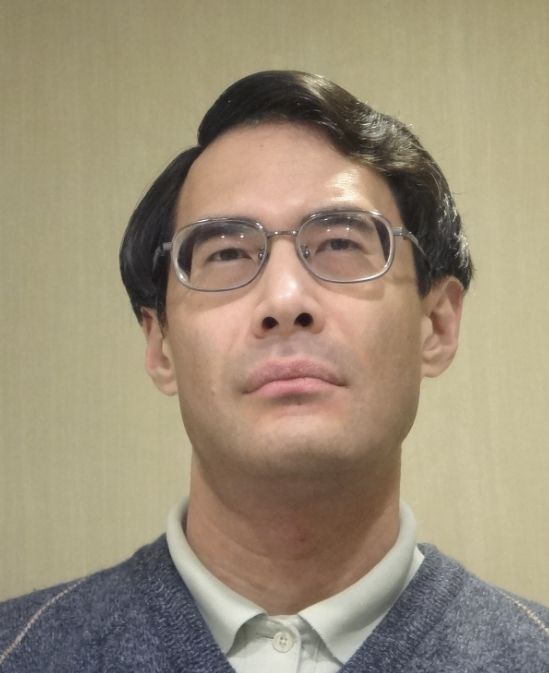Paul Krugman gets this one exactly right; among the 47% of Americans who pay no federal income tax in a given year, most do pay federal income tax at some point in their lives — and thus have at least some stake in the tax system.
But even putting that aside, what’s particularly distressing about Mitt Romney’s “47%” speech is the failure to recognize at least one of the following two propositions:
a) Even people who never pay federal income tax have a substantial personal stake in a healthy, thriving economy, and therefore have a stake in federal tax policy. In particular, wages are determined by productivity, and productivity depends to a substantial extent on the accumulation of capital, which can be directly influenced by tax policy.
b) It is possible for a skilled candidate to explain the above, and to sell pro-growth tax policies as pro-wage-earner tax policies.
Yes, the candidate who tries to make such a reasoned case will be the victim of a certain amount of demagoguery about “trickle-down economics”, but the candidate who allows himself to be paralyzed by such threats should not be running for president.





